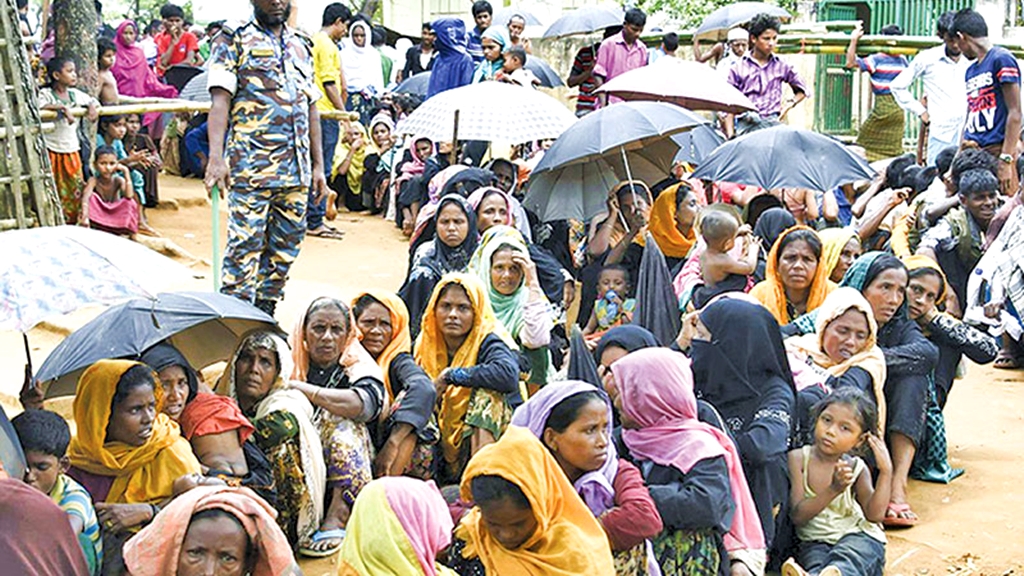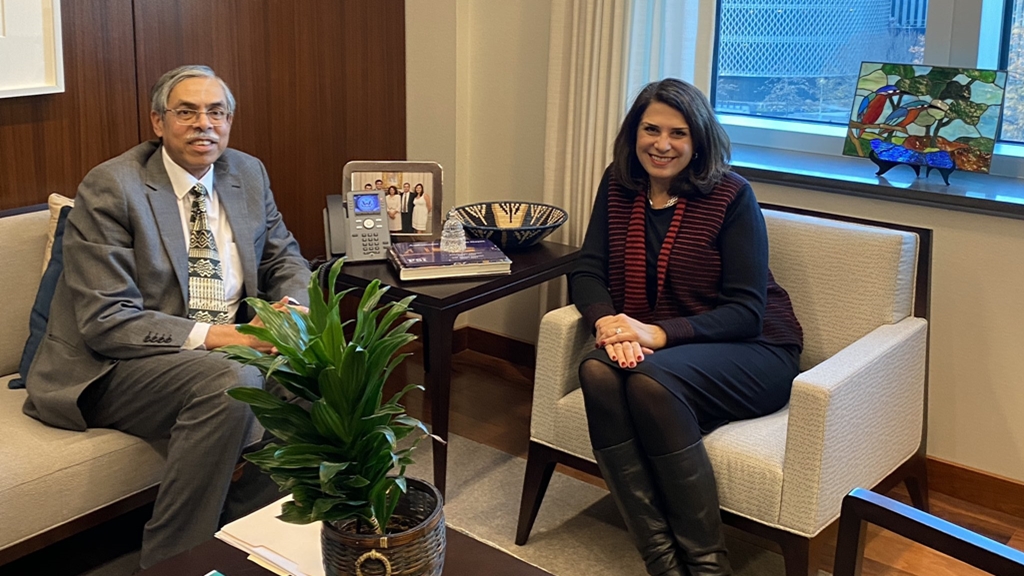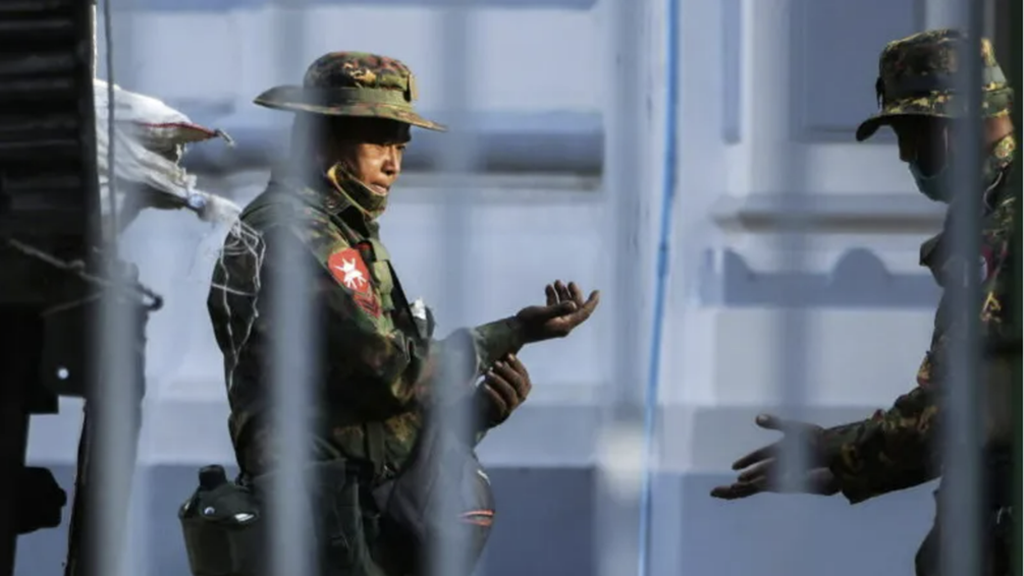
French film exposes roots of crime against Myanmar’s Rohingya
- 22/10/2019
- 0
By Christina Okello | Radio France Internationale
Two years after hundreds of thousands of Myanmar’s Muslim ethnic minority were forced to flee in a military-led crackdown, a new film called Mechanics of a Crime, reveals their persecution was premeditated. It comes as thousands of Rohingya refugees in Bangladesh agreed to be relocated on Sunday.
“I tried to tell this story, the Rohingya story, what’s been happening to these people for almost ten years”, explains Gwenlaouen Le Gouil, the director of the film Mechanics of a Crime.
His investigation began in 2012, five years before Myanmar’s “clearance operations” against the Rohingya began, and already then anti-Muslim sentiment was festering in Yangon, which the documentary highlights.
It follows the rise of Ashin Wirathu, a radical Buddhist monk, who travels the country whipping up crowds against Myanmar’s Muslim minority through his hate-filled sermons.
The first reports of Rohingya homes being torched by Buddhist villagers begin to emerge in 2012, with news that survivors had been sent to open air prisons.
The events are presented like a news story to capture the spectator’s attention.
“I wanted to let people know in Europe, and in France, what’s going on in this area. We don’t know exactly what’s going in Burma, in Southeast Asia,” Le Gouil told RFI, using Myanmar’s old name before it was changed by the ruling military junta in 1989.
Through interviews with Rohingya refugees who fled Myanmar to Bangladesh, Le Gouil puts together the pieces of what the United Nations describes as a “textbook example of ethnic cleansing”.
Different truths
“The starting point is naming a minority as a different group from your state; the final stage is erasing all the proof after the crime,” he says.
The worst of the violence broke out in August 2017 when a Rohingya militant group attacked several police posts with rudimentary weapons. The army justified the subsequent crackdown as a means of rooting out the insurgents.
“We know that these guys were youngsters, around 25-years-old, with no guns, only sticks or knives, that’s all,” comments Le Gouil, saying the identity of the attackers remains a mystery.
So too does the truth.
At one point in the film, Le Gouil is shown trying to document evidence of the violence carried out against the Rohingya during a guided press tour, and his taxi driver speeds up before he can take a shot.
“It tells us that they know exactly what they did, what soldiers did in this area”, he says, referring notably to the village of Inn Din where 10 Rohingya men were killed.
The film also analyses the failure of the international community to intervene, reserving a harsh spotlight for Aung San Suu Kyi, Myanmar’s de facto leader and Nobel peace laureate.
Fall of an icon
The Rohingya “are very upset with Aung San Suu Kyi because they had a feeling what happened two years ago, could not have happened because of this lady,” comments Le Gouil.
“Unfortunately, just to get into power, she didn’t do anything. At that time, she let the generals do the job – a bad job,” he said.
UN investigators are evaluating whether Suu Kyi should be legally implicated in the abuses against the Rohingya for complicity.
A fact-finding mission last year branded the army operation in August 2017 as “genocide” and called for the prosecution of top generals, including army chief Min Aung Hlaing.
Meanwhile in neighbouring Bangladesh, the future of thousands of refugees remains in the balance.
Difficult compromise
On Sunday, Dhaka announced that it would start relocating several thousand refugees to a flood-prone island off its coast next month after they agreed to move.
Many, though, still want to return to Myanmar.
“All of these people are just waiting for one thing: just to be safe in their lands, just to be able to be back in their villages in Burma. Nothing more,” says Le Gouil.
The Myanmar government however first wants them to sign a National Verification Card or NVC, claiming that it will enable Rohingya refugees to access public services.
Rights groups say the process will further marginalise the community by making them stateless.
“It means they agree to reject their ethnic Rohingya identity. They can’t accept this”, Le Gouil said.
Follow Christina Okello on Twitter @vivalid







